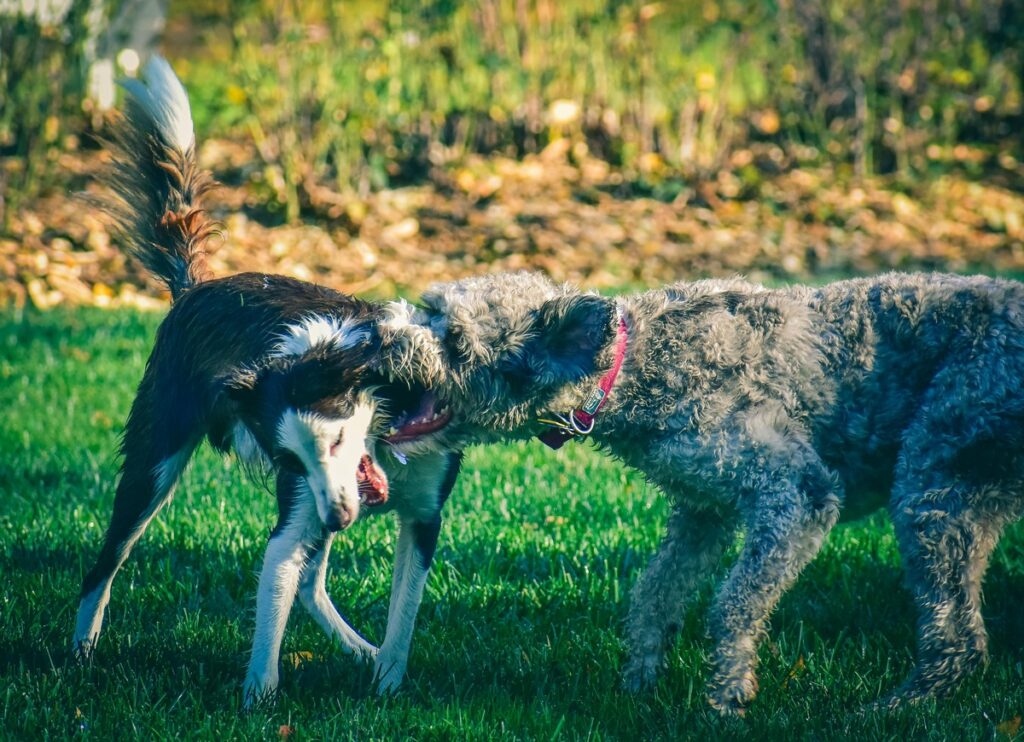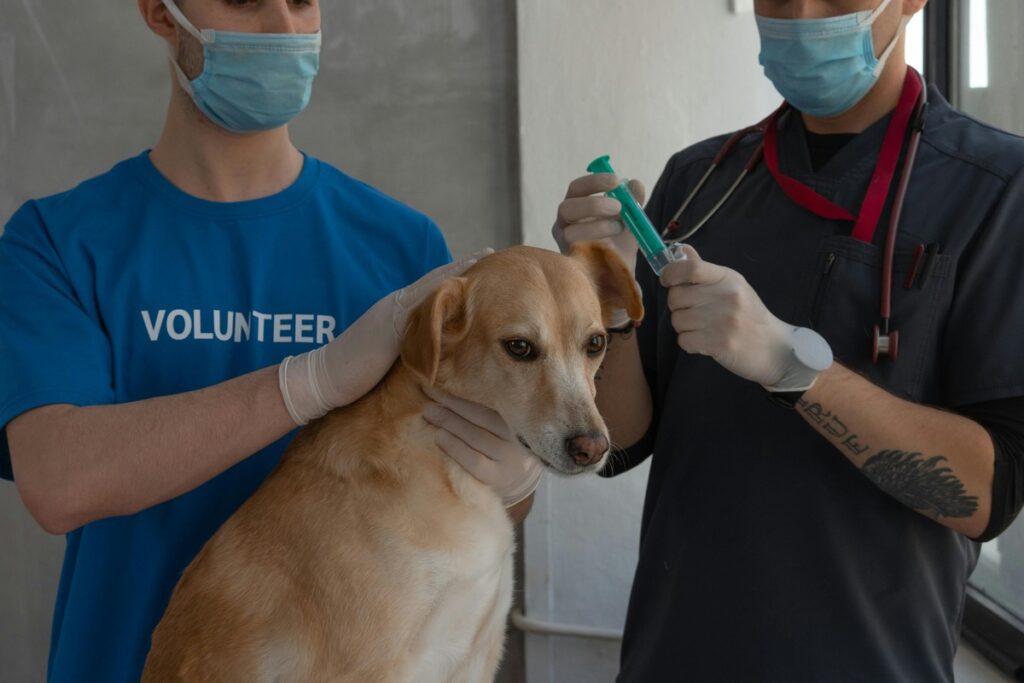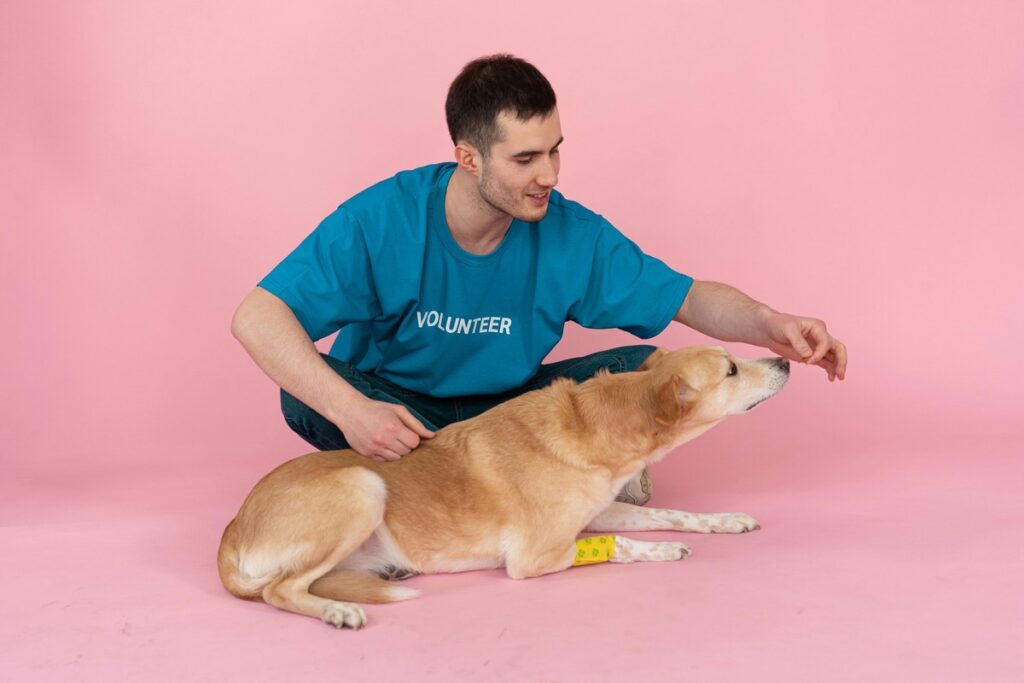Why Is My Dog Always Hungry? 12 Possible Reasons
Dogs are known for their insatiable appetites, often scavenging for food or begging for more treats even after a full meal. While a hearty appetite is normal for most canines, excessive hunger can sometimes signal deeper issues. If your dog seems perpetually hungry, understanding the cause is key to addressing the behavior and ensuring their health.
Here are 12 potential reasons your dog may always seem ready to eat, ranging from natural instincts to medical conditions. Recognizing these factors can help you provide the best care for your furry friend.
1. Competition for Resources

pexels.com
Some dogs develop a “survival of the fittest” mentality from competing with littermates for food. This behavior can persist into adulthood, especially in multi-dog households. Feeding dogs separately can help alleviate their need to rush through meals, teaching them that food is plentiful and there’s no need to compete.
2. Genetics

pexels.com
Certain breeds are predisposed to having voracious appetites due to genetic traits. Breeds like Labrador Retrievers, Beagles, and Pugs are particularly prone to overeating. If your dog’s breed is known for its love of food, consider portion control and using slow feeders to prevent overeating and related health issues like bloat.
3. Diabetes Mellitus

pexels.com
Dogs with diabetes mellitus may exhibit excessive hunger (polyphagia) due to their inability to properly regulate blood sugar. Despite eating more, they may lose weight and display symptoms like increased thirst and urination. If you notice these signs, consult your vet for a diagnosis and treatment plan.
4. Exocrine Pancreatic Insufficiency (EPI)

pexels.com
EPI occurs when the pancreas doesn’t produce enough enzymes for digestion, leading to malabsorption. Dogs with EPI may eat more but still lose weight. Other signs include loose stools and poor coat condition. Treatment involves enzyme supplements to aid digestion and improve nutrient absorption.
5. Cushing’s Disease

pexels.com
Excessive cortisol production, caused by Cushing’s disease, can lead to increased appetite. Symptoms include abdominal bloating, increased thirst, frequent urination, and skin changes. A vet can diagnose this condition and recommend appropriate treatments to manage cortisol levels.
6. Malabsorption Disorders

pexels.com
Underlying diseases like inflammatory bowel disease, intestinal infections, or parasites can cause malabsorption, leading to constant hunger. If your dog exhibits symptoms like diarrhea, weight loss, or vomiting, seek veterinary care to address the root cause.
7. Cancer

pexels.com
Cancer cells require significant energy to grow and divide, often causing an increase in appetite. Subtle changes in hunger or behavior may be early warning signs. If you suspect an issue, consult your vet for testing and a tailored treatment plan.
8. Parasites

pexels.com
Intestinal parasites can rob your dog of essential nutrients, leaving them feeling constantly hungry. Common symptoms include weight loss, diarrhea, and a distended abdomen. Regular antiparasitic treatments and vet checkups are essential for prevention and early detection.
9. Medications

pexels.com
Certain medications, such as prednisone or appetite stimulants like mirtazapine, can increase your dog’s appetite. If your dog’s hunger spikes after starting a new medication, discuss it with your vet to understand if it’s a side effect and how to manage it.
10. Stress or Anxiety

pexels.com
Dogs, like humans, may eat out of stress or anxiety. Nervous eating can lead to overconsumption and weight gain. Maintaining a regular feeding schedule and addressing the root cause of stress can help. Avoid free feeding, as it may worsen the issue.
11. Nutritional Deficiencies

pexels.com
If your dog’s diet lacks essential nutrients, they may overeat or exhibit behaviors like pica (eating non-food items). Ensure your dog’s food is high-quality and meets their dietary needs. Consult your vet if you notice signs of nutrient deficiency, such as dull fur or low energy levels.
12. Boredom

A bored dog may turn to food as a source of entertainment. Ensure your pet gets sufficient physical exercise and mental stimulation each day. Toys, puzzle feeders, and interactive playtime can help keep them engaged and less focused on eating.
Excessive hunger in dogs can range from harmless quirks to signs of underlying health issues. Understanding the cause of your dog’s increased appetite is the first step in addressing it effectively. If you’re ever unsure, consult your veterinarian for guidance and support. With proper care, you can keep your dog healthy, happy, and well-fed—without the constant begging!







